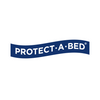Bed Blog

Health & Wellbeing
Don't Let the Bed Bugs Bite
Travel increases the risk of encountering bed bugs, a growing concern in places like Australia...
Read more
Sleep Tips
Is Technology Affecting Your Sleep?
In our digitally connected world, evening screen time is often unavoidable, yet it's known to...
Read more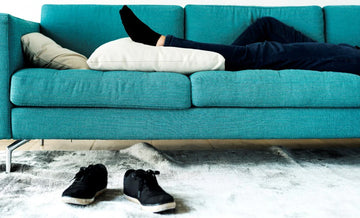
Sleep Tips
The Art of Napping
Feeling drowsy during the day can be effectively countered by a well-timed nap, which can...
Read more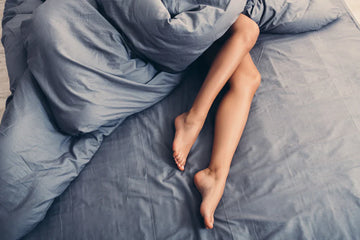
Sleep Tips
Why Do I Sweat When I Sleep?
Experiencing night sweats can significantly disrupt your sleep, leaving you feeling tired and lethargic the...
Read more
Sleep Tips
Combatting Jet Lag
Jet lag can be a challenging part of traveling across time zones, disrupting your body’s...
Read more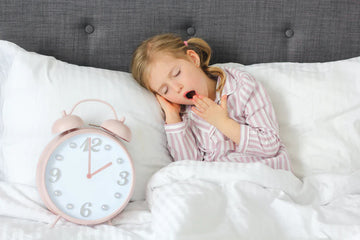
Sleep Tips
Adjusting Your Sleep as Daylight Savings Begins
The transition to daylight saving time means setting our clocks forward an hour, which can...
Read more
Health & Wellbeing
Control Allergens with a Bedroom Spring Clean
Spring not only ushers in warmer weather but also allergy season, affecting many with symptoms...
Read more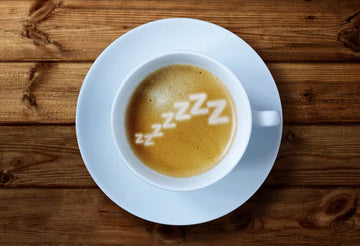
Health & Wellbeing
Is Your Coffee Intake Affecting Your Sleep?
Coffee is a beloved ritual for many, providing a necessary boost in the morning or...
Read more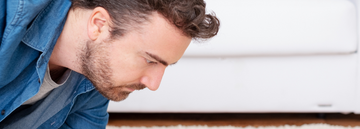
Health & Wellbeing
Strategies for Reducing Dust Mite Allergens in Your Bedroom
Dust mites are a common bedroom inhabitant and a frequent cause of allergy and asthma...
Read more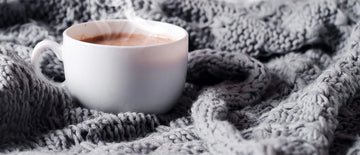
Seasonal
Optimising Your Winter Sleep Routine
Winter brings shorter days and longer nights, which can disrupt our body's natural sleep-wake cycle,...
Read more
Health & Wellbeing
Sharing the Bed with Pets
Many of us cherish the comfort and security our pets provide, especially at night. However,...
Read more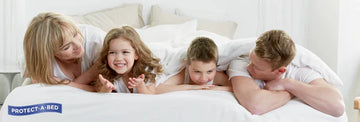
Sleep Tips
Healthy Sleep, Healthy Ageing
March 15th marks World Sleep Day, an annual event organized by the World Sleep Society...
Read more